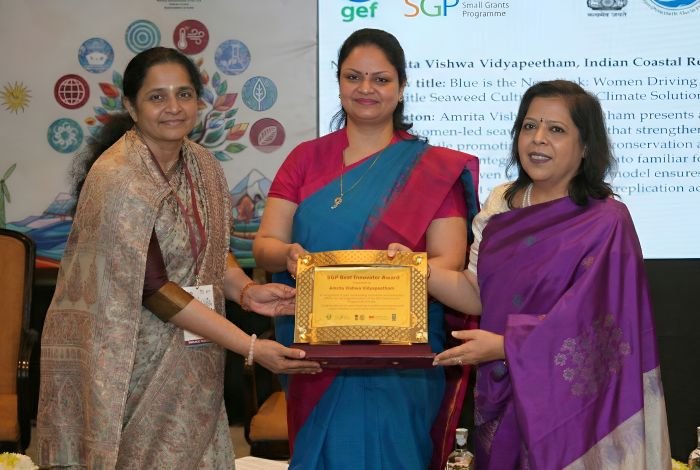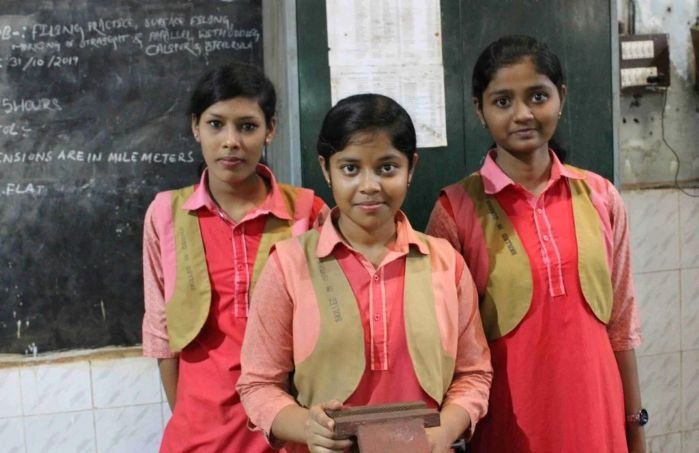The Central Board of Secondary Education (CBSE) recently announced that children with Type1 diabetes will now be placed under the category of persons with disabilities (PwD). As per the standard dictionary definition, disability (noun) is a physical or mental condition that limits a person’s movements, senses, or activities. Diabetes is not one of the 21 disabilities listed under Rights of Persons with Disabilities Act, 2017. The word ‘disability’ runs counter to modern diabetes care philosophy, which encourages self-confidence and self-esteem. Using this word for children with Type 1 diabetes is most inappropriate.
According to Dr Sanjay Kalra – Consultant Endocrinologist, Bharti Hospital Karnal and Vice President, South Asian Federation of Endocrine Societies, said, “Type 1 diabetes (T1DM) is NOT a disability. However, uncontrolled or poorly managed T1DM is certainly a disability. Management of T1DM entails immense self -discipline in every sphere of life, including meal patterns. Ideally, a 3+3 meal pattern [3 meals, 3 snacks] is advised to children living with DM. Long periods without meals may lead to neuroglycopenia [low glucose levels in brain] and compromise mental function in children. The issue becomes even more pronounced in children with low body weight, as their glucose stores are lower. Therefore, WE STRONGLY SUPPORT the provision for sugar/meal breaks during exams.”
Adding further, Dr. Kalra, said, “The word ‘disability’ is inappropriate. Children with DM face multiple challenges and demands, and their health care providers and family members work hard to create a sense of self-worth in them.WE STRONGLY SUGGEST using the descriptor ‘children of DETERMINATION’ not only for children with DM, but for all children with so-called ‘disability’.”
Living with diabetes is a challenge irrespective of one’s age, but young kids and teens often face more difficulties dealing with it.But it is a challenge that can be overcome with determination.Children living with diabetes should be helped in attaining a normal physical, mental, emotional, and social growth and development. To do this, parents and kids should aim for the goal of keeping blood sugar levels as close to normal as possible.In general, kids with type 1 diabetes should do the following and also remember that getting diagnosed with diabetes:
Take insulin as prescribed; Eat a healthy, balanced diet, paying special attention to the amount of carbohydrates in each meal and the diabetes meal plan; Check blood sugar levels several times a day; Get regular physical activity.
Best of luck





